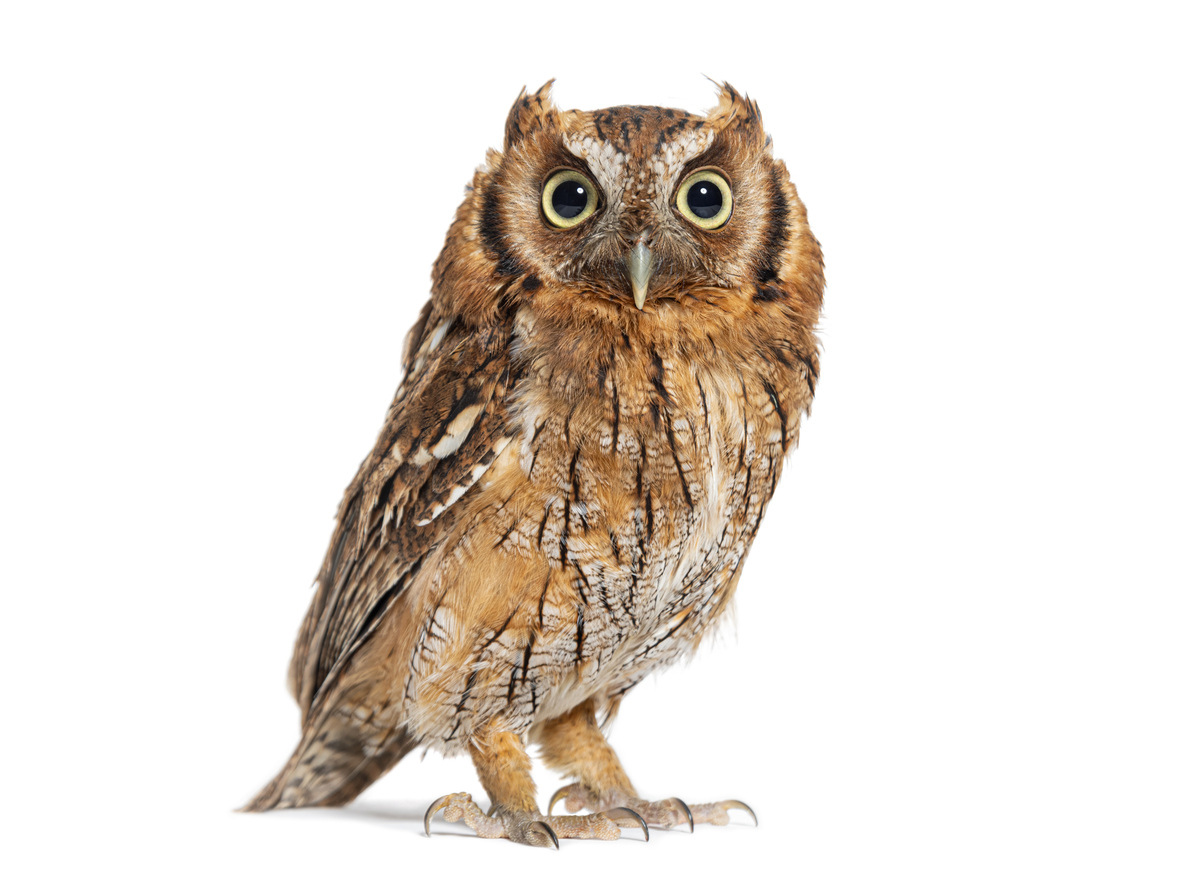I'm OCD, You're OCD, We're All OCD
- Nelson B.

- Sep 28, 2024
- 3 min read
By Nelson B.
I used to roll my eyes when people said, “I’m so OCD, I keep my apartment spotless.” I’ve heard that phrase more times than I can count, and every time it stings. Obsessive Compulsive Disorder has become shorthand for being neat, organized, or type-A. People have come to think of it as a kind of an enviable personality quirk rather than the debilitating condition it really is. This misunderstanding has been baked into everyday language for decades now, even as the psychology community has developed a much more nuanced understanding of the condition. And yet, the cultural stereotype remains: OCD equals clean, orderly, in control.
For some people, yes, compulsions can revolve around cleaning or organizing. But what I wish more people knew is that OCD looks very different for many of us. In fact, the least visible, and according to some, the most common form is something called Pure O. It’s a version of OCD that doesn’t always show up as repeated hand-washing or checking the locks on a door. Instead, it lives almost entirely in the mind, hidden from everyone else.
OCD, at its core, is a cycle of obsessions and compulsions. Obsessions are intrusive thoughts that emerge seemingly unprompted and without warning. They are often disturbing, irrational, even scary. Frequently they are concerned with health, relationships, work, the types of areas that are high stakes and often cause the most worry and anxiety. Do I have cancer? Is my girlfriend cheating? Am I about to lose my job? Everyone has thoughts like this from time to time which are brushed off as fleeting and meaningless. For someone with OCD, though, those thoughts feel like urgent truths. They demand attention, they feel real, and they insist that something must be done. That “something” is the compulsion, which is the action needed to neutralize or rid yourself of the thought.
My compulsions don’t involve rituals like arranging objects until they feel “just right.” Instead, I’ll spend hours mentally replaying conversations, searching for reassurance that I didn’t say something wrong. I’ve gotten stuck trying to think through every possible outcome of a scenario, convinced I need to be “prepared” for disaster. I’ve rehearsed the worst-case images over and over again, as if somehow that rehearsal could protect me from harm. None of it works, of course. That’s the cruel trick of OCD. The compulsions never solve the problem, they just make it feel bigger.
The invisibility of Pure O is part of what makes it so painful. From the outside, I look fine. There are no raw hands or obsessive cleaning sprees to clue anyone in. But inside, the noise is relentless. And because the common image of OCD doesn’t match my reality, I doubted myself for a long time. I wondered if what I was experiencing even “counted.” I told myself I just worried too much, that I was overthinking, that I should toughen up. It delayed me from seeking help, the same way it delays countless others whose symptoms don’t look like the stereotype.
Getting the right diagnosis mattered. It wasn’t just a label, it was a lifeline. Once I learned what Pure O was, my experiences suddenly made sense. I wasn’t broken or weak. I had a disorder with a name, a pattern, and, most importantly, a path toward treatment. Generalized approaches to anxiety hadn’t helped me; in some cases, they even made things worse. But targeted therapy for OCD gave me tools that actually worked.
That’s why awareness matters. The more society clings to the idea that OCD is just about being neat or controlling, the more people like me will stay silent, doubting their own suffering. But if we widen the picture — if we start recognizing OCD in all its forms — more people will get the care they need. I know how much difference that makes. And I hope one day, when someone says “I’m so OCD,” they’ll think twice, and remember that behind those three letters is so much more than a clean apartment.



